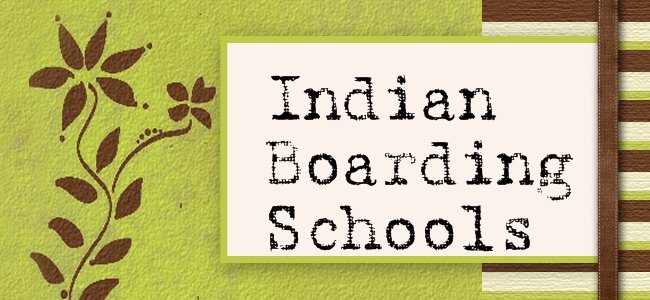http://www.therestorationmovement.com/images/Askew01.JPG
The nature of the orphanages were the same as most others in the nation during that time. The curriculum focused on an English speaking emphasis that supported reading, writing, arithmetic, sciences and vocational trades. Most children, if not adopted or taken in by a family member “graduated” from the orphanages. Girls left at the age of 16 and boys left at the age of 18.
Through the Dawes Act individuals who were eligible for the allocation of property were awarded land, this included orphaned children. Allotment rolls were made public, and for the shysters, they turned their attention to find the orphaned children and then become their court-appointed guardian. Most of these children did get the opportunity to be equal owners of their estates, in most events; the children were seen as a link to a valuable commodity leading to financial gain rather than be cared for by a loving adult.
It would be hard pressed to not admit the sadness that I felt as I read the accounts of orphaned children being used by adults for monetary gain. The children, relying so heavily upon those around them – to care and to love them, but instead finding themselves being neglected and in some cases treated as indentured servants upon their own property.


I find it sad and cannot help but think about the manner in which these orphans are treated, it isn't enough that they are not wanted or cannot be cared for by somebody that will truly love them, they are also being used and abused for someoned else's pleasure...monetary gain. What a shame!
ReplyDelete